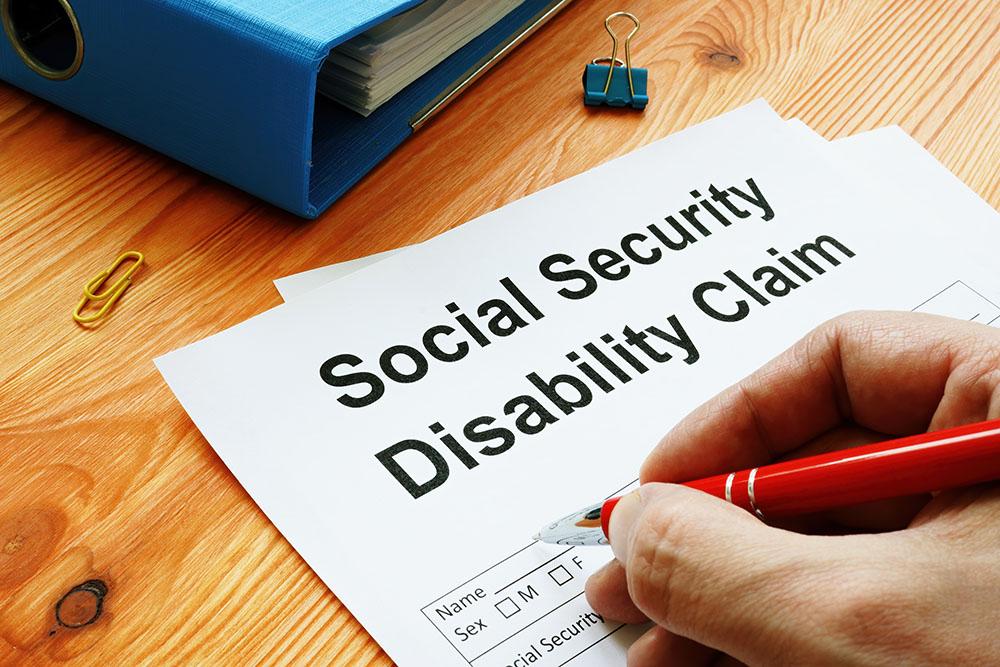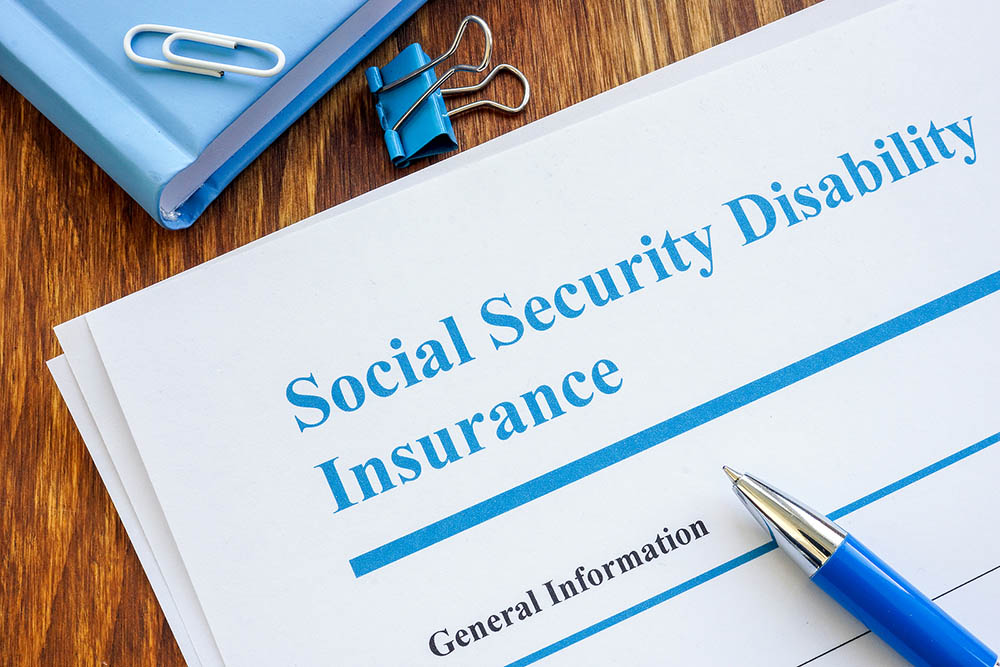Stevens-Johnson Syndrome (SJS) might sound unfamiliar to many, but it’s a serious condition that requires our attention. Picture your body developing a severe reaction that can affect your skin and mucous membranes. This is what SJS can do, often triggered by reactions to medications or infections. Understanding what causes this syndrome is important for everyone, as it can help in taking early precautions and seeking medical advice when needed.
Delving into the causes of SJS can not only help in recognizing the syndrome early but also highlight preventive steps that can be lifesaving. By knowing the risks associated with certain drugs or infections, people can be more proactive in their healthcare decisions. Let’s explore some of the major causes of Stevens-Johnson Syndrome and understand how we can lower the risks.
Common Causes of Stevens-Johnson Syndrome
Many factors can contribute to the onset of Stevens-Johnson Syndrome, and understanding these can make a significant difference in prevention. Here’s a helpful guide:
– Medications: One of the most common triggers of SJS is a reaction to medications. This can include antibiotics, pain relievers, and anticonvulsants. It is essential to be aware of how your body reacts to these drugs, especially if you have a history of allergic reactions.
– Infections: Certain infections might lead to SJS. Viral infections like herpes are known culprits. While infections are sometimes unavoidable, being alert to symptoms when you’re unwell can help in early detection.
– Genetic Factors: Genetics play a role in the risk of developing SJS. Some individuals might be more prone due to genetic predispositions, which means they need to be particularly careful when taking medication known to trigger reactions.
– Environmental Factors: Allergens and other environmental influences can also trigger SJS in sensitive individuals. These factors can vary widely from person to person, but being attentive to any new irritations can be key to prevention.
Recognizing these causes helps in becoming more informed and proactive regarding SJS. Armed with this knowledge, we can better avoid situations that increase the risk of this serious condition.
Identifying Early Symptoms to Prevent Severe Cases
Catching Stevens-Johnson Syndrome early can be a game-changer. The symptoms might start off looking like the flu, with signs such as a sore throat, fever, and fatigue. What sets SJS apart are the skin issues that follow. You’ll notice red or purplish patches and blistering, often starting on the face or chest and spreading. These can become painful sores and even lead to skin peeling.
If someone suspects these symptoms might be SJS, getting medical attention right away is crucial. This isn’t something to wait out. Early diagnosis can prevent the condition from worsening. If you’re taking a medication commonly linked to SJS and notice these symptoms, it’s even more important to act quickly. A healthcare provider can determine if stopping the medication could help mitigate the reaction.
Timing is key. Seeking medical advice as soon as these symptoms appear can limit the condition’s progression. It’s far better to address concerns early than to deal with advanced stages of SJS.
Preventive Measures for Stevens-Johnson Syndrome
Prevention works best when based on informed choices. Safe medication practices can make all the difference. Always discuss with your doctor about any potential allergic reactions to medications. This step can give a better idea of which drugs are safe and which to avoid.
It’s beneficial to keep doctors informed about any allergies, especially if they’re considering new medications. If a family history or previous allergic reactions point to a higher risk of SJS, let your healthcare provider know. This communication acts as a safety net, reducing exposure to harmful drugs.
Other practical steps can help, such as:
– Choosing medications that have a lower risk associated with SJS when alternatives are available.
– Avoiding environments where you might encounter known allergens if you’re predisposed to reactions.
– Maintaining a healthy lifestyle that supports a strong immune system, which can help your body handle histamine responses better.
Informing yourself about possible triggers and taking preventative actions ups the odds of steering clear of SJS. Use these suggested strategies to feel more confident about your health choices.
When to Consult Legal Help
Sometimes, despite best efforts, SJS might still occur, linked to prescription medications or health advice. In such situations, legal support can be invaluable. Lawyers specializing in personal injury cases can provide guidance, helping navigate what might be a complicated situation.
Legal help becomes necessary when the syndrome might have resulted from medical negligence or unsuitable drug prescriptions. By seeking legal counsel, you ensure that your rights are protected and that any responsible parties are held accountable for their actions.
It’s crucial to connect with legal professionals who understand the nuances of SJS cases. They will guide you through the legal journey and can help in receiving adequate compensation or support as deserved.
Protecting Your Health: Steps Forward
Prioritizing prevention is the best way to manage SJS risks. Keeping an open dialogue with healthcare providers about any medication concerns is key. Also, be vigilant about any potential symptoms, acting promptly to seek medical attention if they arise.
Empower yourself with this knowledge and adopt habits that can help keep you and your loved ones safe. Recognizing the early signs, maintaining safe medication practices, and understanding when professional guidance is necessary can make a real impact. Stay informed and proactive in managing your health choices, keeping SJS at bay.
If you’re curious about what causes Stevens-Johnson Syndrome and believe you might be affected, it might be wise to explore your legal options. Legal expertise can provide valuable support. The experienced team at Greg Jones Law, P.A. understands your concerns and can help guide you through these challenging circumstances. To better understand your situation, explore their insights on what causes Stevens-Johnson Syndrome and make informed choices for your health and future.




